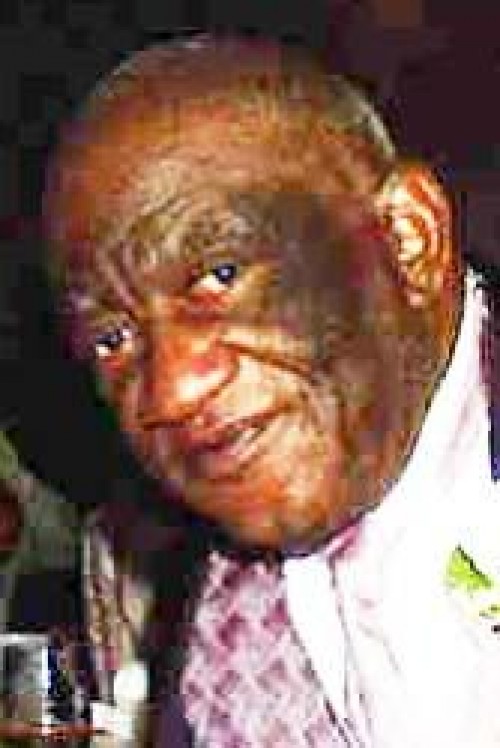Ariel Lynn Guidry
November 11, 2008
Southern Smith
November 13, 2008The voters have spoken … again. Here are some of my random thoughts on the elections of 2008:
• Millions of diverse people poured their hopes into the candidacy of President-Elect Barack Obama. In a figurative sense, he was an empty vessel that individuals filled with their definition of what change should be. It is impossible for Obama or any human to be everything that every supporter wants him to be. He must define himself now.
Will that process of definition diminish his wide base of support or reinforce it?
• Obama begins his presidency as a role model on several levels. He has smashed the remnants of any perceived barrier to an African-American holding the highest office in the land. He is also a high-profile example of a dedicated father committed to his family, a role that young men of all races and stations of life should emulate.
• Obama won the election by securing enough middle-of-the-road votes to insure his victory. Will he face down some of the more extreme elements of his base and his party and govern from the middle, or will he attempt to move left of center in his governance?
• How will the Republican Party respond to two successive elections of significant losses in Congress?
Will new leadership emerge? Will they become champions of fiscal reform or will they continue to be no different from the Democrats on earmarks, deficit spending, expansion of entitlements, and other fiscal issues that have led fiscal conservatives to look upon them with disgust?
• The GOP has lost favor with too much of the middle class. How will it fashion a new direction to maintain a commitment to conservative principles while making the party more in tune with the issues that working-class Americans hold dear?
• How blue will the Blue Dogs be? Many of the seats gained by the Democrats in the last two election cycles have come from relatively conservative districts. The Democratic Party recruited moderate candidates to run in them, individuals who parlayed pro-gun, pro-life and fiscal conservative platforms into electoral success. While doing so, they also married themselves to the groups that provide the principal sources of money to Democrats: labor unions and trial lawyers. Can the Blue Dogs continue to pull off this balancing act? Will they oppose their liberal leadership on issues of importance to their more conservative constituents?
• How will President-Elect Obama and the Democrats in Congress respond to deteriorating economic conditions? Will they go forward with the income and capital gains tax increases they campaigned for – taxes that could significantly worsen the economy? Will they impose a direct or indirect tax on energy production and consumption, further driving up the cost of living for Americans? Will they make significant cuts in defense spending to fund new or expanded social programs?
• How will Barack Obama handle the growing menace of Russia, the strategic transfer of military obligations in Iraq, the deepening war in Afghanistan, the development of a nuclear weapons program in Iran, our relationship with Israel and the quixotic regime in North Korea?
The vote on Nov. 4 was historic and, perhaps, transformational. In a real sense, it raises many more questions than it answers.
Despite his immense popularity at home and abroad, Barack Obama remains a fairly undefined entity as he prepares to occupy the Oval Office. He faces an uncertain economy, terrorist threats, the management of two wars, and expectations almost unparalleled in modern history.
The voters have placed their confidence in him to handle these challenges. History will judge him on how he responds.






